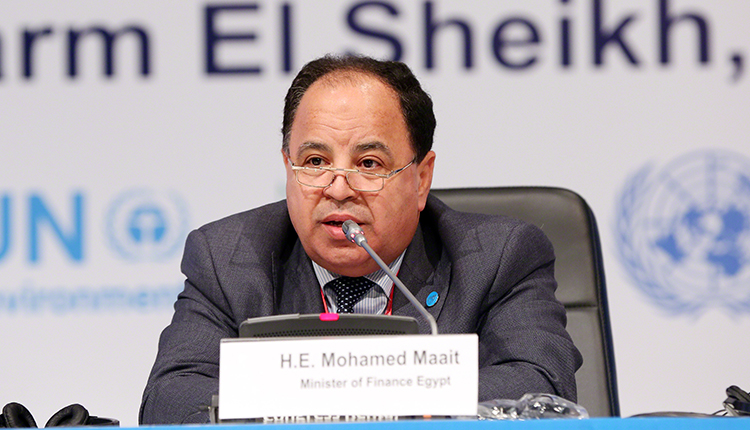Egypt’s Cabinet approved on Wednesday a draft law to issue sovereign sukuk. The new law will be sent to parliament for a vote, the finance minister Mohamed Maait told reporters following a Cabinet meeting.
Once parliament and the president approve the new law, the country will issue its first sovereign sukuk, the ministry added.
“The move will usher Egypt into the Islamic finance world, which recorded a $2.7 trillion in transactions by the end of June,” Maait said.
The sovereign sukuk draft law is part of Egypt’s plan to diversify its base of investors who are willing to invest in governmental financial securities.
The draft law will be issued in line with the principles of Islamic Sharia.
By issuing this kind of sukuk, Egypt is expected to allure new segments of investors who would pour extra finances and liquidity into its governmental financial market and will contribute to decreasing the cost of the state’s public budget deficit, he added.
The sovereign sukuk will enable Egypt to utilise the state-owned assets according to the beneficial right system through either ownership without usufruct or renting, the minister said.
Despite the coronavirus pandemic crisis that has hit world economies, this year’s global sukuk volumes are expected to match last year’s, and sukuk supply is expected to increase with the surge in funding needs, according to a report by Fitch Ratings released in October.
Sovereigns are expected to remain the major contributors to overall sukuk volumes as they face widening fiscal deficits and high borrowing needs, caused by the dual shock of the coronavirus-associated economic disruptions and the collapse in global oil prices, the report read.
Egypt issued in September and October sovereign governmental green bonds worth $750 million, domestically and in the London Stock Exchange, the first of their kind in the Middle East and North Africa.
